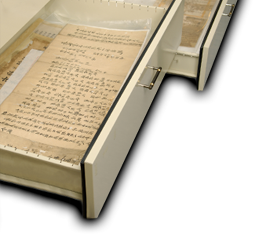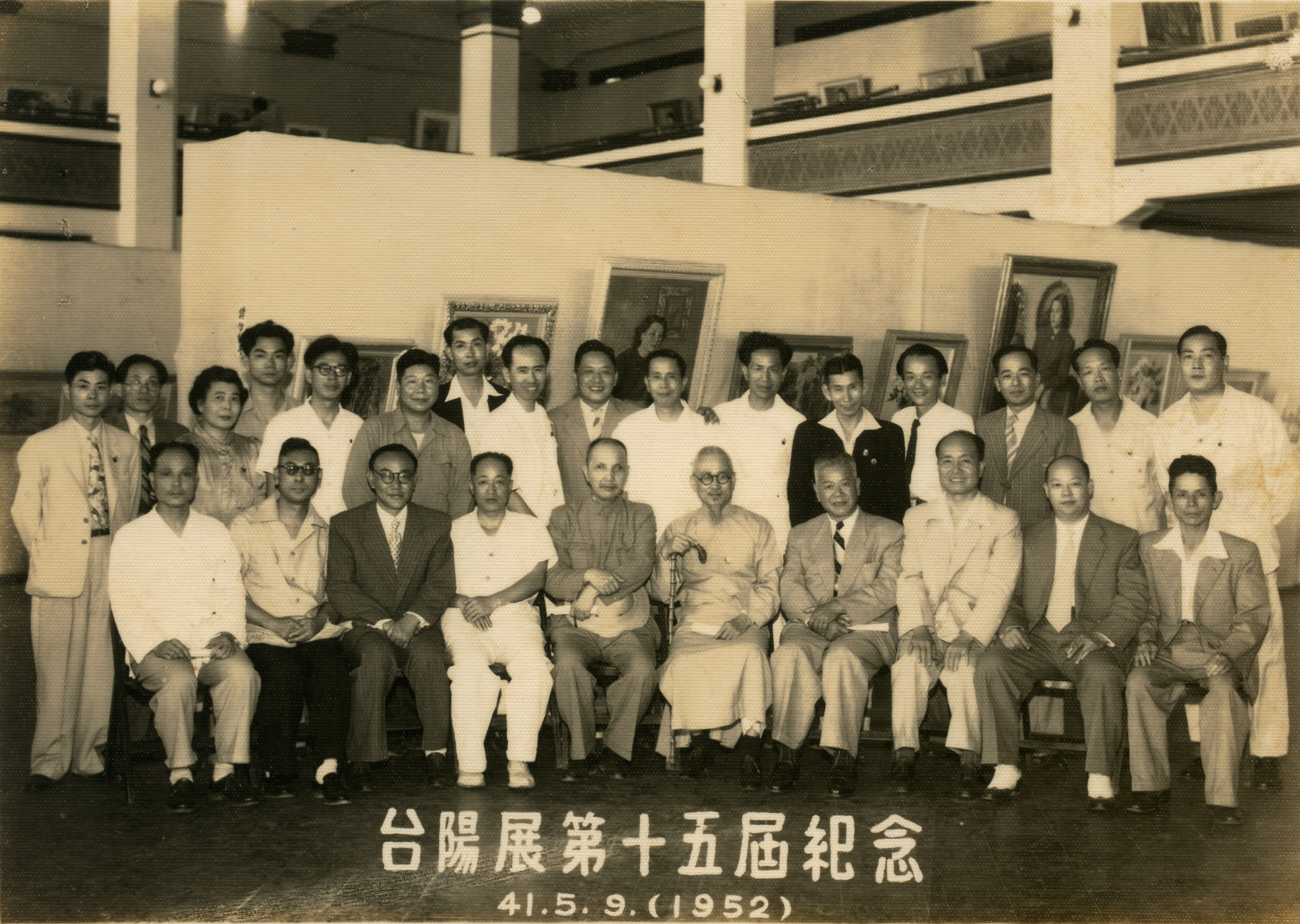| 2019-01-28 |
|
The Tai-yi-hou Papers of Nagasaki (1880-1940s) were created and preserved by the Chen family from Kinmen. They record the family enterprise’s business and social activities while Chen Rui-chun (1840-1908), Chen Shi-wang (1869-1940), and Chen Jin-zhong (1890-1974) were in charge. The papers contain extensive business letters and historical materials related to the family’s enterprise operations, family activities, and overseas Chinese affairs. They represent a first-hand historical source on trade development in modern East Asia and overseas Chinese affairs. In 2012, the Institute of Taiwan History and Mr. Chen Dong-hua, a descendent of the Chen family, agreed to digitalize the Tai-yi-hou Papers. This group includes more than 50,000 original items, including correspondences, account books, code books, receipts, contracts, publications, seals, relics etc. The papers are categorized into ten series based on types and sources, including commercial letters, operational documents, family collections, and the documents of Fujian Guildhall and overseas Chinese affairs. Since the quantity of the Tai-yi-hou Papers is enormous and the compiling procedure is time consuming, it was agreed that the archives would be opened in stages. The Taiwan Commercial Letters, which belong to the second series of the Tai-yi-hou Papers, were released in 2017. The third series, the China Commercial Letters, is now being released. They contain approximately 12,000 commercial letters and over 40,000 digital images. All letters are first organized according to the company’s location, such as Shanghai, Fujian, and Hong Kong. Under the file level, the company name is sorted by the strokes of the first word. Tai-yi-hou and its Chinese customers traded a vast number of commodities. The goods included not only regular items like seafood, groceries, food products, and traditional herbal medicine but also different regions’ features such as cotton from Shanghai and ragger papers and fennel from Northeast China. To save the hassle of customs, other companies in China and Taiwan often asked Tai-yi-hou help them transship their commodities. All in all, the China Commercial Letters show trading networks and business interactions among China, Japan, and Taiwan in the Japanese colonial period. The China Commercial Letters, the third series of the Tai-yi-hou Papers of Nagasaki, is now available on the Taiwan Archival Information System.  A letter sent from the Shanghai De-da Company on July 12, 1907. Shanghai De-da Company and Tai-yi-hou were business partners for more than twenty years, and left a considerable quantity of letters, approximately 1,100.
Identifier:T1001_03_02_053 |




